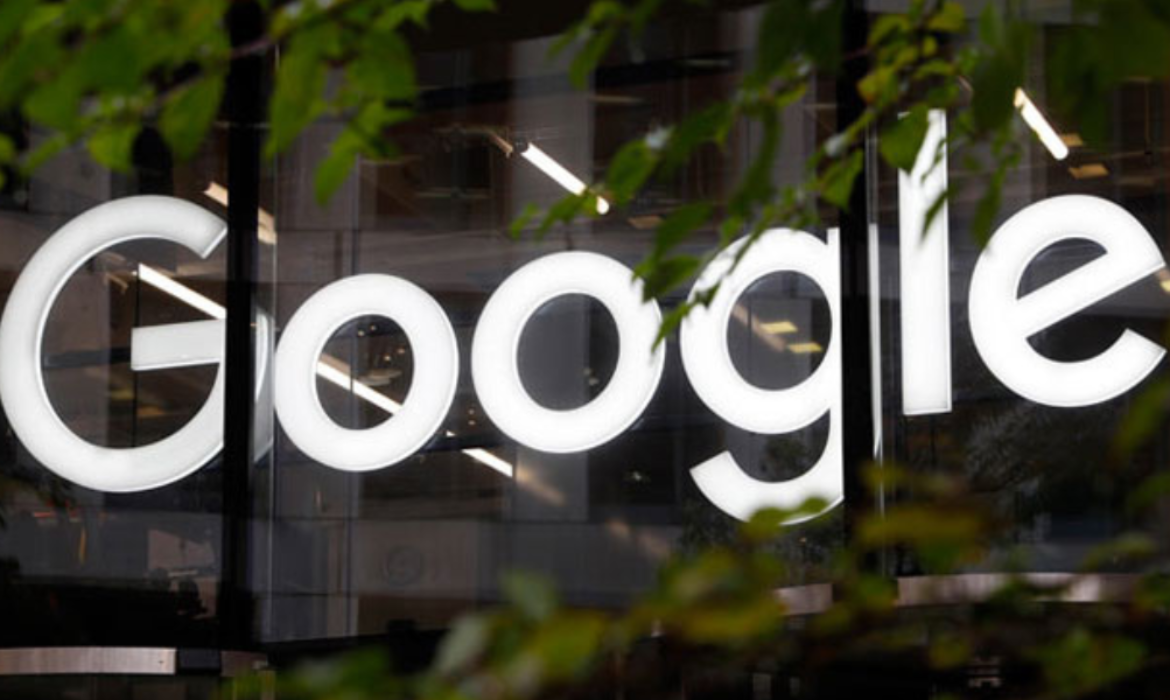Relief To Advertisers As Google Postpones The Elimination Of Third-Party Cookies Till 2023.
The news has given some time to the advertisers to look for options. Google has decided to continue using third-party cookies in its browser till 2023. That is an extension of two years.
Earlier, Google did set this deadline for January 2022. It has now extended to late 2023. An announcement was made by Google regarding this today!
There are several reasons why Google decided to do so. Let’s have a look at them in detail:
The United Kingdom was building pressure on Google
For a year, it is chaos, and advertisers were clueless about their operations without the third-party cookies. However, the speculations are that Google decided under building pressure from the UK government.
Google was under continuous monitoring by the European Commission, and it failed to provide any clear perspective on its Privacy Sandbox. Google is facing several antitrust lawsuits, and according to the CMA, the discontinuation of third-party cookies and the creation of the Privacy sandbox will centralize power at Google.
CMA took this quite seriously, and to please the committee, Google has agreed with a long list of commitments to CMA. According to Google commitments, the company will restrict giving priority to its system. Also, it will not use “sensitive information provided by an ad tech provider or publisher to Chrome in a way that distorts competition.
To prove the point, Google stated that “Subject to our engagement with the United Kingdom’s Competition and Markets Authority (CMA) and in line with the commitments we have offered, Chrome could then phase out third-party cookies over three months, starting in mid-2023 and ending in late 2023.”
Federal Learning Of Cohorts(FLoC)
Google will continue testing FLoC and Privacy Sandbox. The trials for FLoc will continue and concluded by 13th July. Currently, only limited supply-side publishers and ad-management firms related to them will be able to FLoC during the trial phase. Once the tests complete, Google will share the results. These results will help in the improvements and can be applied to the existing system, and other agencies and advertisers can conduct the ability tests for demand-side platforms and ad-targeting.
It is not surprising that Google has paused the FLoC trials. The advocates of privacy are raising their voices about the foul play and violation of privacy due to the enabling of new tracking techniques. However, several browsers declined to enable these techniques of data tracking.
Google received a setback after the eCommerce giant Amazon, which has also declared that they will not be enabling the FLoC tracking techniques.
Demand for higher transparency
The delay in the release of FLoC and the dismissal of third-party cookies is causing frustration in the industry. According to an executive, “I wish they would just do it. Stop justn — excuse me — dicking around the whole industry. Let everybody get to a new normal. It’s hard to strategically plan this way,” said one publishing executive.
However, the delay in the dismissal of third-party cookies can be a step to make things more transparent as Google does not want to bear more criticism and lawsuits from the authority.
Google has already committed to CMA that they will be disclosing the exact time for the proposals for Privacy Sandbox publicly. It will also release the API and inform about the transition period for the discontinuation of third-party cookies.
Google has also promised the CMA that they would assess all alternatives for individuals and the aftermath of the discontinuation of third-party cookies. Google also stated that these steps will be taken before providing a 60-day countdown for the discontinuation of the third-party cookies. During this period if found any discrepancies, CMA can reopen the investigation and can impose additional measures to avoid any harm to the competition.
According to Google promise, they will “engage with the CMA in an open, constructive and continuous dialogue in relation to the development and implementation of the Privacy Sandbox proposals.”


